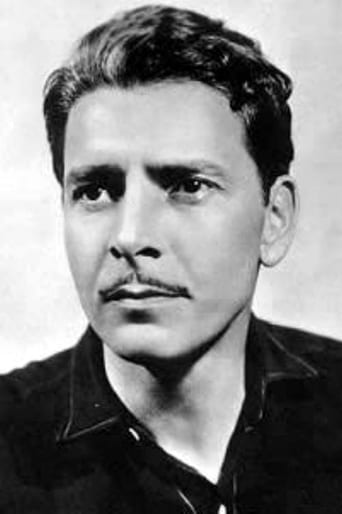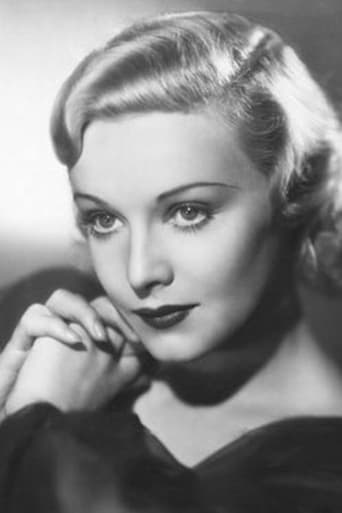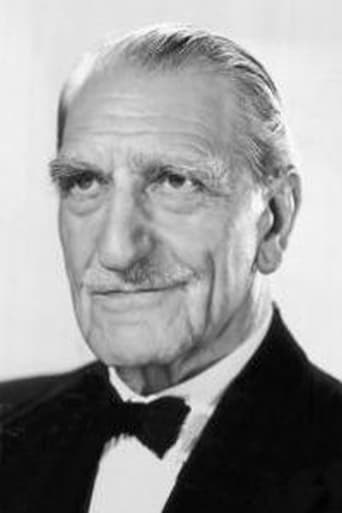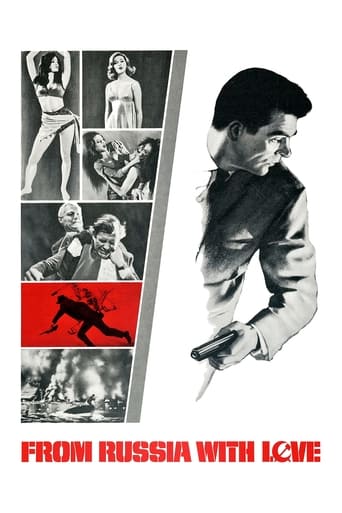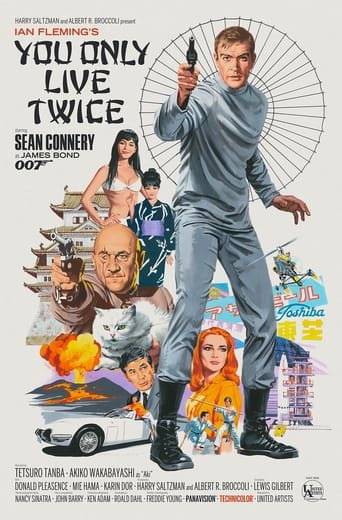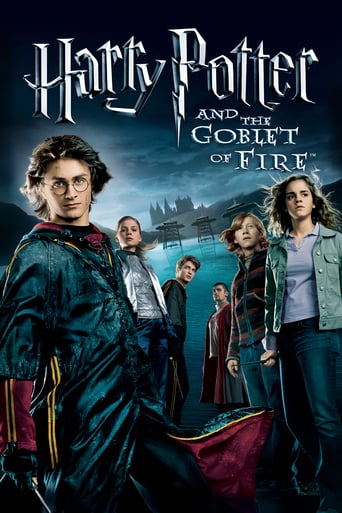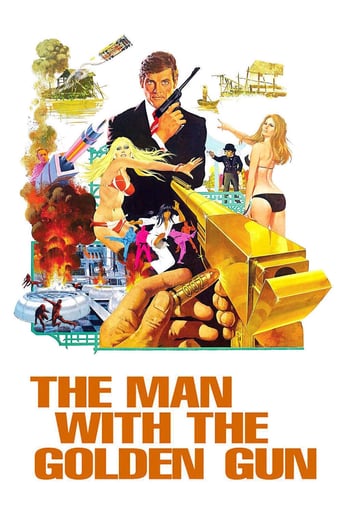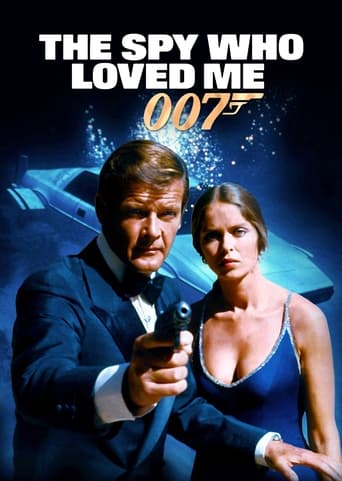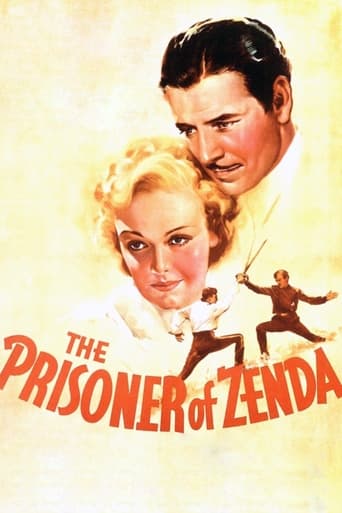
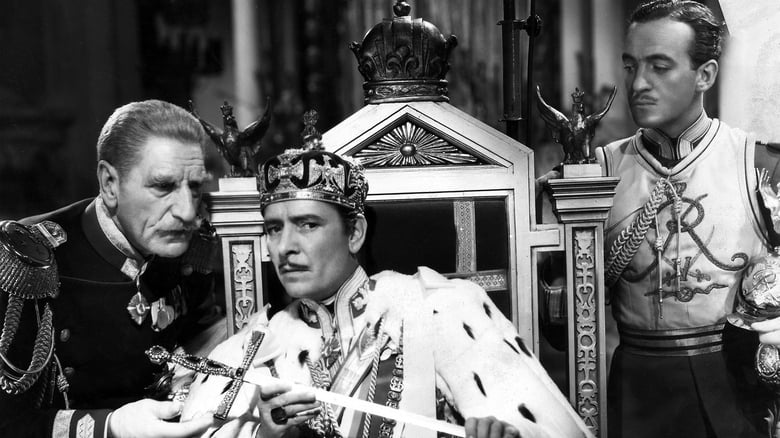
The Prisoner of Zenda (1937)
An Englishman who resembles the king of a small European nation gets mixed up in palace intrigue when his look-alike is kidnapped.
Watch Trailer
Cast
Similar titles
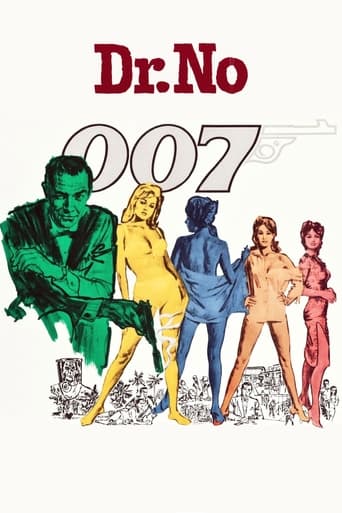
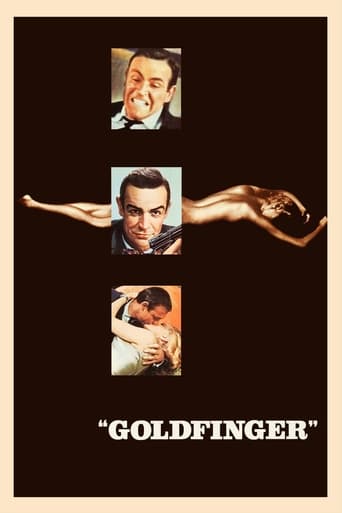

Reviews
Please don't spend money on this.
Excellent but underrated film
It's easily one of the freshest, sharpest and most enjoyable films of this year.
what a terribly boring film. I'm sorry but this is absolutely not deserving of best picture and will be forgotten quickly. Entertaining and engaging cinema? No. Nothing performances with flat faces and mistaking silence for subtlety.
Time has not been kind to this cliché ridden matinée style tale. It has an OK look, some good names in the cast but director Cromwell had not yet developed his best form (he was much better as years went by)If you grew up enjoying this film, you probably still will, others might need to beware. Selznick was known for quality works but not a great deal has survived in this production. Lighting and general photography is good (though the TCM Australian print is very poor). The early Alfred Newman score is colorful, Coleman is as grand as always (but even he looks uncomfortable within this silly situation). Fairbanks makes a formidably evil villain but editing is sloppy and screenplay somewhat stale. May have been good in its day, but.....
This film is based on Anthony Hope's novel and directed by John Cromwell. Over the years, the story has been imitated with many versions. This Black and white offering is so well directed it plays as well in 1937 as in 2011. The lead is played most admirably by Ronald Colman who with his distinctive voice is both Major Rudolf Rassendyll and " The Prisoner of Zenda. " The plot is lead by Black Michael (Raymond Massey) who's facial features are suited for the part of a jealous villain. It is surprising however to see David Niven and Douglas Faitbanks Jr. on opposites sides, but each performs superbly even if Douglas does play a heavy. The inner story is that of a King who is slated for removal by duping the populace that because the king has been killed, Black Michael will assume the thrown in his absence. A later version will have Steward Granger in the title role and in color, but for me, Ronald Coleman will always be the Prisoner of Zenda in this Classic movie. Excellent rendition and highly recommended! ****
THE PRISONER OF ZENDA premiered September 3rd of 1937 and was produced by David O. Selznick and distributed by United Artists. It is the best of five film versions based on the book by Anthony Hope. Hope was born a poor preachers son who worked his way up to being an unsuccessful lawyer before he failed at writing. But he persisted until his 3rd book PRISONER OF ZENDA and its sequel made him rich and famous. The 1913 film version was made by Edwin S. Porter, director of the 1903 GREAT TRAIN ROBBERY. The 1922 version was so successful a sequel was made by producer Lewis Selznick, the father of tonight's film producer David O. Selznick! So David grew up a fan of the book and his father's silent film. In 1933 MGM planned on making a musical version with Nelson Eddy & Jeanette MacDonald. In 1935 MGM thought again they would make a non-musical version but cast THIN MAN stars William Powell and Myrna Loy. But it was super producer Selznick who hit upon the idea in 1937 because of the current media frenzy over the recent coronation of Britain's King Edward VIII who abdicated the thrown to marry a commoner out of true love in 1936! From the opening shot of over thirty trumpeters heralding the start of major work of art producer David O. Selznick wanted to top A TALE OF TWO CITIES made just two years earlier and also starring Ronald Colman, and he does. Ronald Colman was at his peak getting $200,000 for this one film. In the same period he made LOST HORIZON, IF I WERE KING and THE LIGHT THAT FAILED. The cinematography was by a Chinese born American named James Wong Howe. He is considered a legendary master today and there are two completely different shots I want you to look for: the first is halfway through the story when Colman and Carroll arrive at the ball and the camera starts with them being announced and coming through a doorway. That's where I want you to start holding your breath and see if you can hold it until the end of the shot, as they descend the white stairs and the camera slowly pulls back and up and up over 100 feet and reveals the full size of the room. There is some cute comedy relief in the next scene provided by the Orchestra leader who is played by Al Shean who was in real life, uncle to the Marx Brothers. The next shot is later and much more intimate where Raymond Massey and Fairbanks are in a dark room only lit by a fireplace and they sit in two large chairs with their backs to the camera. Our point of view stays behind them and we just watch, as if we were actually in the room ease dropping. Today the scene would be cut into 25 quick edits and unnecessary close-ups. David Niven was just starting out (he's listed just above the cook in the credits) and the director was under utilizing him so Niven improvised some humor and was actually fired until Selznick & director John Cromwell viewed the dailies and decided to let Niven improvise even more thus making him a star. Director John Cromwell was known as a woman's director who mixed lavish, spectacular scenes with warm and tender love scenes and he is the father of current actor James Cromwell who was the understanding farmer in BABE and the corrupt police captain in LA CONFIDENTIAL. Black Michael in case you did not know he is the bad guy and is played with dark vengeance by Raymond Massey. David Niven and Raymond Massey who both starred together in THE PRISONER OF ZENDA (1937) and A MATTER OF LIFE AND DEATH (1946) both died on the same day, July 29th 1983. And beautiful Mary Astor of MALTESE FALCON fame is the scheming femme fetal who loves bad men. The stunning blonde beauty Madeline Carroll (she would later say this was her favorite role) was the most successful actress in England at the time. She was so attractive, it is said, Alfred Hitchcock never got over his crush on her while make THE 39 STEPS and forever cast blonds who looked like her as his female leads for the rest of his career. Douglas Fairbanks Jr. is the curly haired and handsome henchman with the smile on his lips and danger in his eyes. He originally did not want to take a supporting role but asked his famous father about it. Doug senior (who practically invented swashbucklers) told him he had to do it, PRISONER OF ZENDA was one of the best romances written in a hundred years and always a success and the part of Rupert is probably one of the best villains ever written. He's witty, irresistible and as sly as Iago. Whoever plays Rupert in any stage production in any country, will always be a hit, event though the leading part is a double role. The part is actor-proof, in fact Rin-Tin-Tin could play the part and walk away with it! When the film was first screened for a preview audience it went over only OK and Selznick realized the beginning was too long and since LOST HORIZON another Colman film made that year had it's beginning taken away to speed up the story, that's what he did to PRISONER OF ZENDA, chop off the prologue and epilogue. He also brought in another director W. S. van Dyke to beef up the fencing scenes even more. Douglas and Colman spare with words while mixing with swords in a carefully choreographed fight scene that shows they trained with an Olympic gold winning fencing master! And he then hired Alfred Newman to write a new score and BAM, what an improvement it made!
Ronald Colman in his second outing playing a dual role. The Masquerader being the first, is an Englishman come to the mythical Balkan kingdom of Zenda for a little fishing R&R. Nobody's more astonished than he to discover that he's a dead ringer for the monarch about to be crowned. The king is also played by Colman.Crowned unless he can overcome his own dissolute character and the machinations of his half brother Raymond Massey. And there's another guy in there, Douglas Fairbanks, Jr., who's got his own agenda working while aligned with Massey. The women aren't out of the picture either. Colman the king is set to marry his cousin Madeleine Carroll who's in line for the succession herself. If he can elbow Colman out of the way, Massey would like her for himself. That does not sit well with Mary Astor the woman who is crushing out big time on him.The king's two trusted aides, C. Aubrey Smith and David Niven, discover Colman the traveler and introduce him to Colman the king. At the hunting lodge of the king, the king gets slipped a present from one Michael Finn and he's out of it on the day of the coronation.With Massey ready to declare martial law and assume the crown himself, Smith and Niven count it as divine providence that the other Colman is there. He takes the king's place and gets crowned the ruler of Zenda. But Massey and Fairbanks aren't through by any means.I counted nine different versions of this novel for the screen, including three silent films and one animated version. Still this one sets the standard. Everyone is so well suited for their parts.It certainly is one of Ronald Colman's most beloved characterizations, both of them. He essays both the character of the weak king who summons up enough grit to take on the job and the carefree English traveler that maybe providence did put in the right spot.The Prisoner of Zenda marked the return of Douglas Fairbanks, Jr. to the American screen and as he relates it in his memoirs he wasn't flooded with good offers. He was reluctant to take on the part of Rupert of Hentzau as he had not taken swashbuckling roles deliberately so as not to be compared to his father.But Fairbanks did ask dad and his father said that his role is the best one in the story, that he wished he was young enough to do it himself and that he should run not walk to accept the part. Fairbanks did and he got rave reviews as the charming, but deadly Rupert. The Prisoner of Zenda's release was timely indeed with memories of the abdication of Edward VIII who would not step up to the plate and do his duty by his country. C. Aubrey Smith's admonitions about doing one's duty to Colman the king were exactly what Stanley Baldwin and others were trying to beat into Mr. Windsor's head.Though a good version of this was done in the Fifties by Stewart Granger and James Mason, this one is still by far the best.
